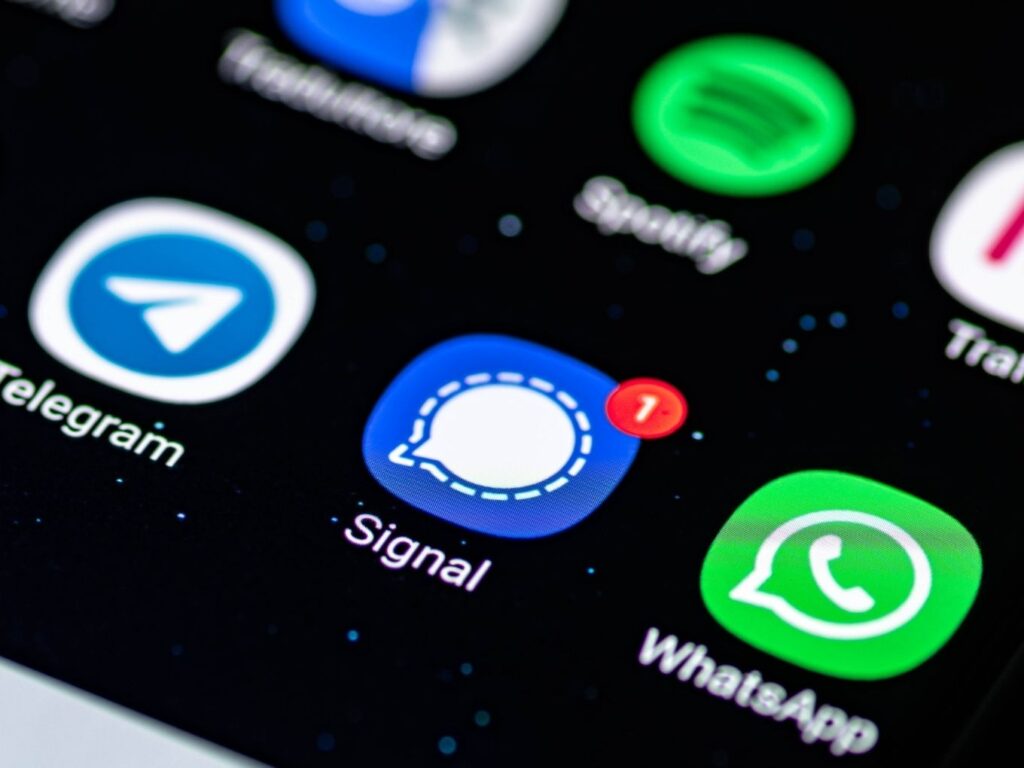Top Text Scams

Texting is cheap and easy, and scammers are counting on the ding of an incoming text being hard to ignore. In 2022, they were right to the tune of $330 million in losses to text scams, as reported to the FTC’s Consumer Sentinel Network, with a median reported loss of $1,000. That’s more than double the 2021 reported losses and nearly five times what people reported in 2019. In fact, reports about text scams spiked in the first six months of the COVID-19 pandemic and have never returned to pre-pandemic levels.
But why do they work? Scammers use the speed of text communication to their advantage: they hope you won’t slow down and think over what’s in the message. Some messages promise a good thing – a gift, a package, or even a job. Others try to make you panic, thinking someone’s in your accounts. These are all lies and ways to take your money and personal information.
While there are countless varieties of text scams, the top five described below account for over 40% of randomly sampled text frauds reported in 2022. All five have one thing in common – they often work by impersonating well-known businesses.
1) Copycat bank fraud prevention alerts
Reports about texts impersonating banks are up nearly twentyfold since 2019. You might get a fake number to call about supposed suspicious activity. Or they might say to reply “yes or no” to verify a large transaction (that you didn’t make). If you reply, you’ll get a call from the (fake) fraud department. People say they thought the bank was helping them get their money back. Instead, money was transferred out of their account. This scam’s median reported loss was a whopping $3,000 last year. Worse still, many people report giving their Social Security number and other personal information to scammers, leading to possible identity theft.
2) Bogus “little gifts” that can cost you
A text about a free gift, reward, or prize may look like it came from a company you know – say, your cell phone company or a big retailer. But everything about this is fake. If you click the link and pay a small “shipping fee,” you just gave your credit card number to a scammer. Reports tell us fraudulent charges soon follow.
3) Fake package delivery problems
Expecting a package? There’s a text scam for you. Texts pretending to be from the U.S. Postal Service, FedEx, and UPS say there’s a problem with a delivery. They link to a website that looks real – but isn’t. If you paid a small “redelivery fee,” which many people reported, that was a trick to get your credit card number. People also reported giving these scammers their personal information, including Social Security numbers.
4) Phony job offers
Promises of easy money for mystery shopping at well-known stores like Whole Foods and Walmart are an old scammer favorite. Reports about bogus offers to make money driving around with your car wrapped in ads are also common. Reports show job scammers also target people who post their resumes to employment websites like Indeed. In most of these reports, scammers use checks that seem to “clear” but turn out to be fake to trick people into sending them money.
5) Not-really-from-Amazon security alerts
Like fake bank texts, texts from someone who says they’re “Amazon” look like automated fraud prevention messages. Often, they ask you to verify a big-ticket order you didn’t make. If you call the number in the text, you get a phony Amazon rep who offers to “fix” your account. People often report giving the rep remote access to their phone or computer so they can get things fixed and get their refund. But then the rep says a couple of zeros were accidently added to the refund, so they need you to return that money to them – often by buying gift cards and giving the cards’ PIN numbers.

In all these cases, reporting can help stop scam text messages:
Forward it to 7726 (SPAM). This helps your wireless provider spot and block similar messages.
Report it on either the Apple iMessages app or Google’s Messages app for Android users.
Report it to the FTC at ReportFraud.ftc.gov.
How can you avoid text scams?
Never click on links or respond to unexpected texts. If you think it might be legit, contact the company using a phone number or website you know is real. Don’t use the information in the text message.
Filter unwanted texts before they reach you. There are a few ways to block unwanted texts.



